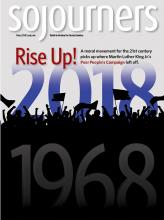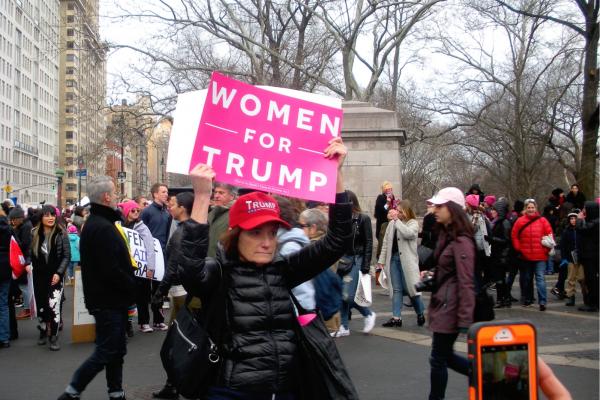A RECENT Washington Post article describes a group of 200 people of color rallying in front of the White House on immigration policy. They carried signs about President Trump and chanted slogans related to the Dreamers. Can you guess the content of their signs and slogans?
The article explains that the chants at the rally included “Indians Love Trump,” and the signs called for legislative movement on DALCA, not DACA. (The “L” stands for legal, and speaks to the residency situation of this group of largely highly educated tech workers.)
This is a group that likes the Trump administration’s immigration agenda. Actually, based on the article, it appears that they like a lot of policies being advanced by the Trump administration.
When is the last time that you associated a group of people of color protesting outside the White House with support for President Trump? Well, there they were.
Read the Full Article

